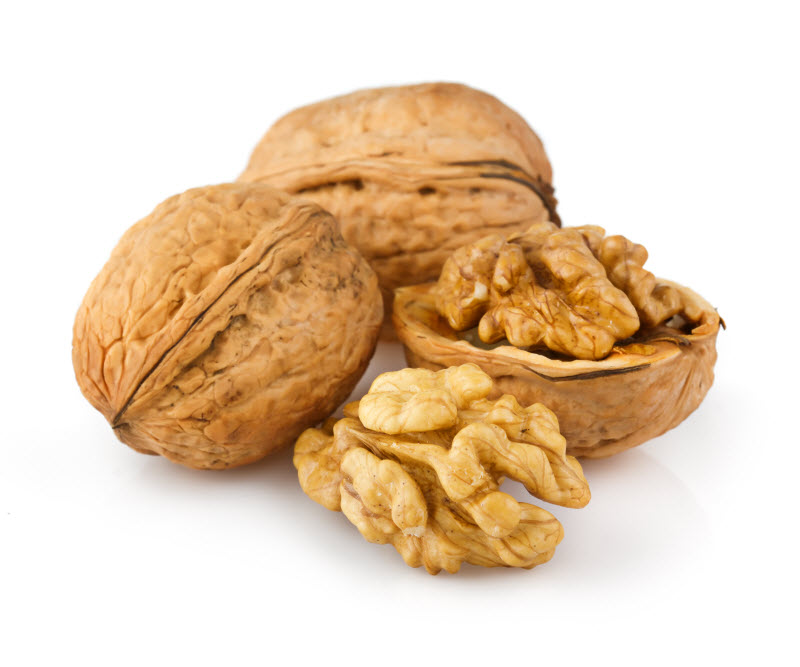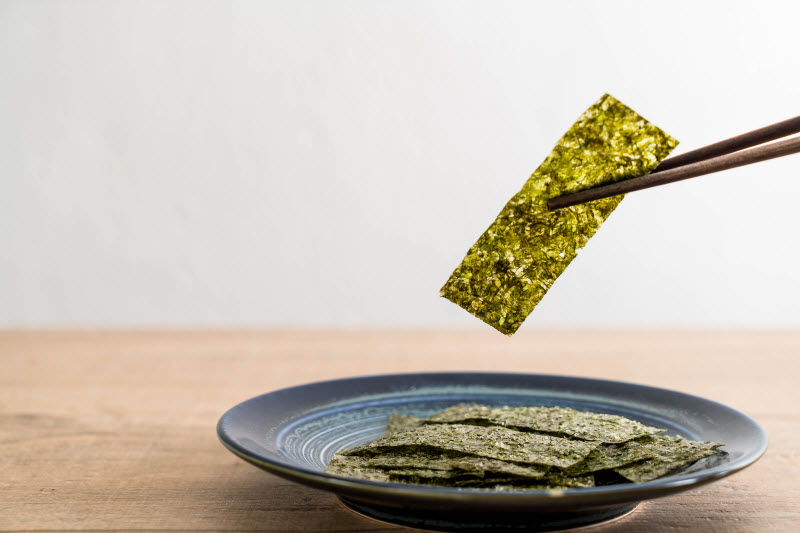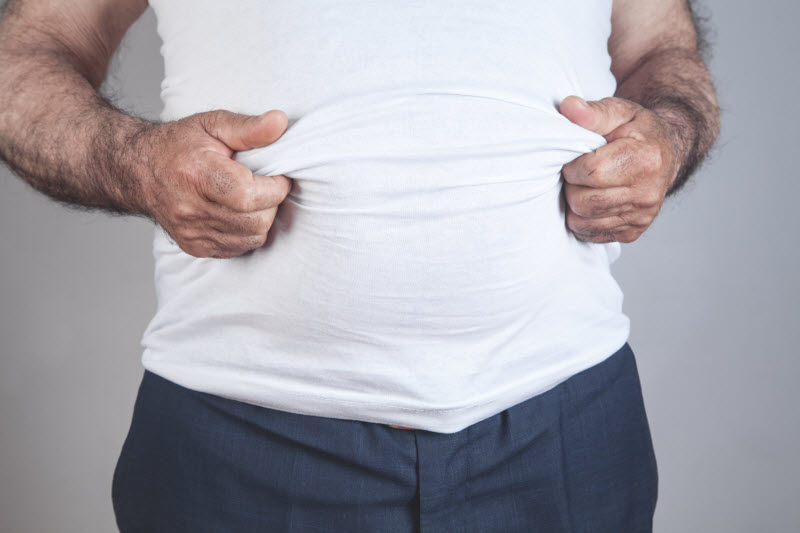
Have you ever been told to start a low-carb diet in order to lose weight more effectively?
Or maybe you've read it somewhere. While some believe that low-carb diets are effective for the burning of extra weight, others believe that this is only a myth.
Is a low-carb diet really an agent for losing weight or just some myth with no scientific proof? Well, stay tuned and you'll find out.
First, you need to know what a low-carb diet is.
What is a low-carb diet?
A low-key carb diet also known as a ketogenic diet is a diet system where there is drastic reduction in the intake of carbohydrate[1], but replacing it with natural protein and fat. Carb simply means carbohydrate. Simply put, it is the diet that reduces the amount of carbohydrate consumption and replaces it with foods containing a higher percentage of natural protein and fat.
Low-carbs diet limits the consumption of sugary foods like bread, cookies, cakes, soda and so on.
Is low-carb diet weight loss just a myth?
Research carried out by the National Institute of Health amongst others has proven that a low carb diet helps in weight loss and it's not a myth. Knowing that this is scientific is comforting. There is a good number of people who have testified to the positive impact of low-carb diets on their weight.
Even though it is proven, it is highly recommended that you consult your doctor before starting on any diet plan. Not doing this could have adverse consequences, especially if you have heart conditions or if your health is not fit for such.
However, what foods are carbs and which ones are low-carbs?
What constitutes a carb diet?
The natural sources of carbohydrates include fruits, grains, vegetables, milk, nuts, seeds, and legumes.
Carbohydrates are grouped into three main categories:
- Simple natural (lactose and fructose)
- Simple refined (table sugar)
- Complex natural (whole grains or beans)
- Complex refined (white flour)
- Carbohydrates take these various forms and it's consumed largely. Refined carbohydrates are used for processed foods e.g sugar.
Carbs are present in sugar-sweetened soda and drinks, cookies, cake, pasta, potatoes, beer, banana, chocolate, et cetera. White bread amongst others is highly rich in carbs and should be avoided too.
Contents of a low-carb diet.
A low-carb diet is calculated to cause the body to burn stored fat for energy, which leads to weight loss. It's been proven by nutritionists that natural fats are good[2] and there is no need to avoid it, therefore a low carb diet is good for weight loss.
These are examples of what your menu should be like for a low-carb diet.
- Meat
- Fish and seafood
- Cheese
- Egg
- Vegetables
- Natural fats
Low carb diet gives you the flexibility to eat whenever you need to, instead of counting calories or weighing your food. The lower your carbohydrate intake, the more powerful it takes effect on weight and blood sugar; by reduction of course.
Why adopt a low-carb diet?
A low-carb diet lowers the risk of diabetes and heart diseases. It is reported that about 422 million people have diabetes. This may be traceable to their food consumption.
Low-carb diets are affordable. You can save a lot of money by basically converting your purchase of high carbs foods into more beneficial low-carbs food items.
It is also important to note that low-carb helps to regulate your blood sugar level, it impacts the insulin level to decrease and encourages the power to burn fat instead of storing it. Excess fat can cause severe heart attacks.
Since the diet is high in natural protein, it helps to maintain your muscle mass during weight loss.
Risks involved in low carb diet
Just as there are several advantages of adopting a low-carb diet, there are side effects to it. The body would always react to the changes that it isn't used to. Some of the side-effects include:
- Constipation
- Headache
- Dizziness
- Tiredness
- Muscle cramps
It is unhealthy for individuals engaging in highly strenuous activities lasting more than one hour to engage in a low-carb diet. Knowing fully well that their activities are energy demanding, this could result in high dizziness and would impact negatively on their health. Consulting a professional which could be your medical doctor or dietitian is highly recommended. One characteristic of humans is adaptation and it takes some time, your body will likely react to the changes till it adapts with time. You should drink some water if you are experiencing constipation. If you feel dizzy, reduce the activities you engage in and take a rest.
Final Thoughts
If you opt to follow a low-carb diet plan, you might need to consult a doctor to check for the state of your heart beforehand. Certain health conditions are not always obvious until a proper check-up is done. Otherwise, an assumption could be costly, and it could cause more damage than the problem you were trying to solve. Avoid carbonated drinks and soda, bread, and flour. The plan you are following should be followed with utmost discipline so that your desired goal is achieved.











Discussions
Add Comment